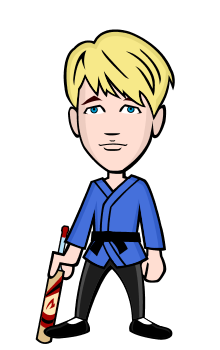
Photo credit: i.ytimg.com
I first heard this term when I was watching sometime ago a downloaded video of a boxing match between Manny Pacquiao and Marco Antonio Barrera. You see I am a big fanatic of the people’s champ, so I have a compendium of some of his greatest fights.
One of the three anchormen covering this fight mentioned the term collective amnesia while introducing the bout. You probably don’t know it yet, but I love the English language in the same way that I love Tagalog and my dialect Cebuano. Collective amnesia piqued my interest, so I wrote it down and did some research.
According to Immanuel Velikovsky, collective amnesia refers to an action of a group of people geared at forgetting global events, especially the infamous ones, which brought hardship and pain to our forefathers. One example is the Vietnam War. People deliberately try to forget the dark sides of the past to avoid conflict or as a result of changing interest.

Photo credit: homeopathyplus.com.au
Without looking too far, another example was the oppression and maltreatment that Filipinos suffered at the hands of the Spaniards and Japanese during the time of colonization. However dark the history of the country may seem under the crutches of these tyrants, I believe we have already forgotten all those things. In fact, a shift in paradigm has occurred over the years. Many Filipinos now look up to the Japanese people and think of them as lords capable of saving them from their great financial woes.
Wikipedia calls collective amnesia as social amnesia, and the definition is the same. This concept is simple but great. It can help the citizens of a nation move on from a collective painful experience. There is really no sense in trying to bring up the gloomy past and reopen the wound that has already been healed by time.
* Warning: This blog is my original work. Please don’t plagiarize.



